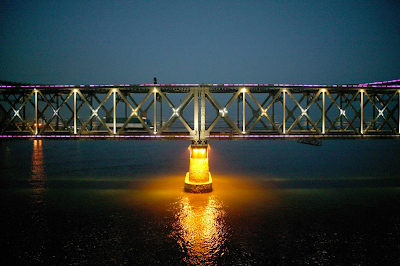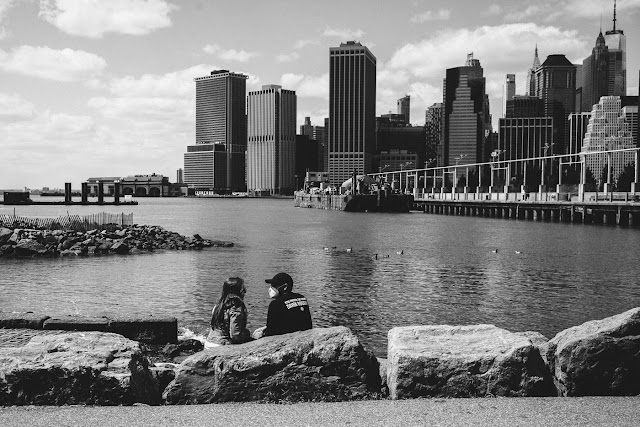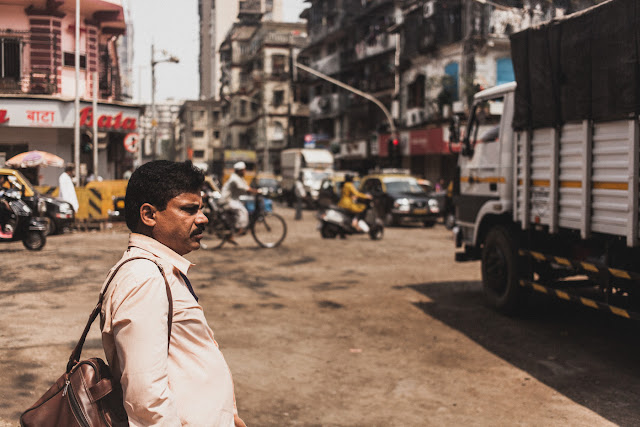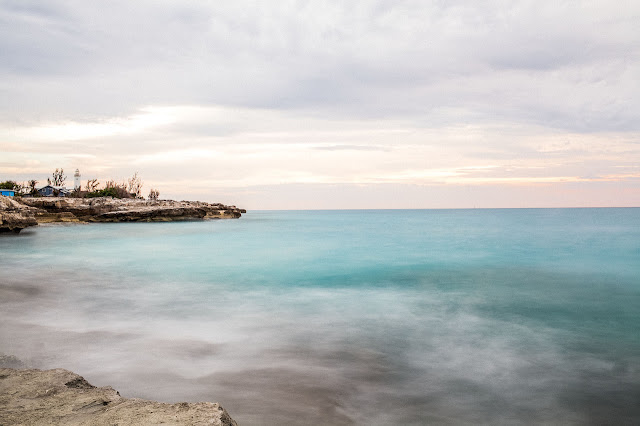Borderland: North Korean Refugees by Katharina Hesse
Katharina Hesse's work Borderland: North Korean Refugees is on display for Moving Walls at Open Society Foundation May 8th-December 13th 2013.
 |
| © Katharina Hesse |
 |
| ©Katharina Hesse |
I've always loved Katharina's work, she manages to say a lot with very little. That is; simple, singular and very human pictures, like whispers of important information you want to lean in so you don't miss a syllable. I never feel like a voyeur looking at her photographs, but a part of the moment, which I find rare and important today where photographers have become more and more intrusive in an attempt to get the "hard" shot that will move people. In reality they are taking the easy way in, not relying on their intellect and creativity to tell the story, but on their ability to just be there. Katharina's work is more thought provoking, more timeless and more personal. If you get a chance I recommend checking out the show, I'll be there.
 |
| ©Katharina Hesse |
 |
| ©Katharina Hesse |
Kim Jeong-Ya (a pseudonym), 67, who lives near the North Korean border in Yanji, China, belongs to a handful of Chinese activists who have dedicated their lives to helping North Koreans make a safe passage from North Korea to South Korea via mainland China. Most foreign activists are simply expelled from China if caught participating in assistance missions, whereas, local Chinese and some South Koreans have faced severe punishment. Kim has been imprisoned twice and beaten up by North Korean agents operating in China. Kim’s relatives, who did the same kind of support work “disappeared” in North Korea. Since her release from jail, Kim has been under intense police surveillance. Her meager life savings was confiscated by local authorities, and she is not allowed to leave her home in the suburbs of Yanji.
 |
| ©Katharina Hesse |
 |
| © Katharina Hesse |
 |
| ©Katharina Hesse |
 |
| © Katharina Hesse |
Artist Statement
I began photographing North Korean refugees on the Chinese border about nine years ago, when an editor at a U.S. magazine contacted me for a photo assignment but was reluctant to give any details over the phone. Upon arriving in Northern China, I felt like I had entered a different world. As I accompanied a reporter in the barren border region, I listened to horrific tales of survival and violence: hungry people eating roots and grass or being shot for stealing food; civilians fleeing soldiers and living in a constant state of fear.
As we traveled along the border, I heard similar stories repeatedly: people dying of hunger; authorities violently punishing people for stealing food; teenage North Korean defectors missing their families; men in tears, overwhelmed with guilt about those they had left behind. At one interview, a young boy asked what the white liquid was when he saw his first glass of milk.
North Korea’s repressive regime uses selective food allocation as a tool to maintain loyalty among those deemed politically and economically useful. Meanwhile, state-run media produces propaganda designed to convince North Koreans that they are better off than people elsewhere.
After experiencing a world like this, it just didn’t feel “right” to take pictures and move on to the next job. The fear among these people was overwhelming. It was only on the condition that their identities were protected that I could photograph them. Locations could not be recognizable and names could not be used in text. To my surprise, North Koreans in Seoul made similar demands even though they had fled the North years ago.
Recent increases in access to foreign media and trade with businesspeople from neighboring countries like China have given many North Koreans more information about the outside world and the poor conditions in their own country.
Although North Koreans could be eligible for official UN refugee status, China prefers to categorize North Koreans as economic migrants. Therefore, most North Korean refugees on the border live in limbo without any protection from either China or international organizations like the UNHCR.
Borderland provides a more intimate and personal narrative to existing media coverage of North Korea as the world’s “most reclusive” communist country. As media attention fluctuates, North Korea’s refugees remain an enduring presence whose stories need to be told.
—Katharina Hesse, April 2013
224 West 57th Street
New York, New York 10019
212-548-0600




